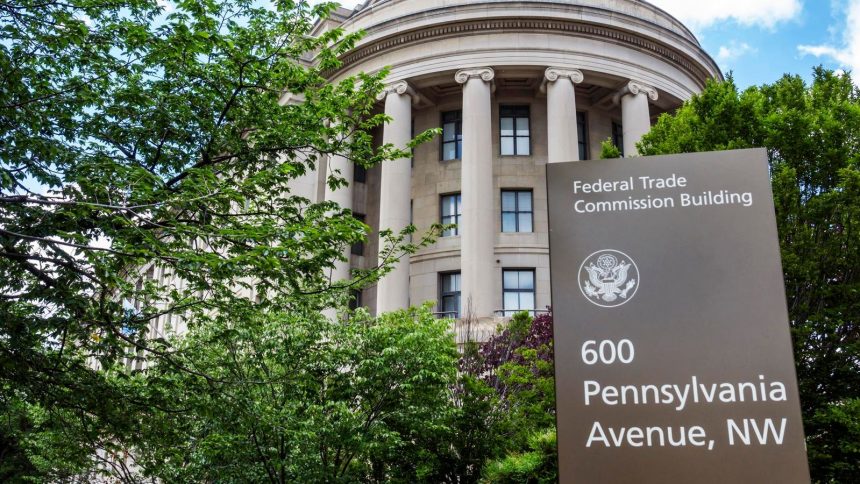The Federal Trade Commission (FTC) is poised to file a lawsuit against Greystar, the largest apartment management company in the United States, alleging deceptive pricing practices related to hidden fees. Reports from The Wall Street Journal and Bloomberg indicate the lawsuit centers on Greystar’s alleged failure to disclose mandatory fees, ranging from tens to hundreds of dollars monthly, to prospective tenants. These undisclosed fees reportedly covered services such as pest control and trash removal, leading to artificially lower advertised rental prices and potentially misleading consumers about the true cost of renting. The suit is expected to be filed imminently, although a settlement between Greystar and the FTC remains a possibility. This legal action aligns with the FTC’s broader initiative under the Biden administration to combat hidden fees across various industries, including ticketing, hotels, and now, rental housing.
Greystar, founded in 1993 and headquartered in Charleston, South Carolina, has experienced remarkable growth over the past two decades, evolving into a dominant force in the property management sector. The company’s portfolio encompasses a staggering 798,272 units as of 2024, dwarfing its nearest competitor, Asset Living, which manages less than half that number. Greystar’s operations extend beyond property management to include property development and investment, with over $36 billion in global development assets. The company’s diverse holdings include various brands catering to different housing needs, such as single-family rentals, student housing, modular housing, and adult housing, spanning over 170 markets across the United States. This expansive reach underscores the potential impact of the FTC’s lawsuit, which could have significant implications for the rental housing market nationwide.
The FTC’s investigation into Greystar’s pricing practices comes amidst growing scrutiny of the rental housing industry and its impact on affordability. The Biden administration has prioritized addressing hidden fees and promoting transparency in various sectors, including rental housing, as part of a broader effort to protect consumers from unfair and deceptive practices. In December 2023, the FTC announced a bipartisan rule banning junk fees in ticketing and hotels, signaling a commitment to tackling hidden costs that can inflate prices and mislead consumers. President Biden has also called for increased transparency on upfront rental costs and legislative action to address rental junk fees.
This is not the first time Greystar has faced legal challenges. The company was recently added as a defendant in a separate antitrust lawsuit filed by the Department of Justice against RealPage, a property management software company. The lawsuit alleges that Greystar and other large landlords colluded with RealPage to manipulate rental prices and suppress competition, harming millions of American renters. Greystar has denied these allegations, maintaining that it conducts business with integrity and has not engaged in anti-competitive practices. The inclusion of Greystar in this antitrust lawsuit further highlights the growing regulatory scrutiny of the company’s business practices and its role in the rental housing market.
The FTC’s impending lawsuit against Greystar underscores the agency’s commitment to protecting consumers from deceptive pricing practices, particularly in the increasingly competitive rental housing market. The alleged undisclosed fees, ranging from tens to hundreds of dollars per month, could represent a significant financial burden for renters, particularly those on tight budgets. By pursuing this legal action, the FTC aims to hold Greystar accountable for its alleged misconduct and ensure greater transparency in rental pricing. A successful outcome for the FTC could set a precedent for other property management companies and encourage greater transparency and fairness in the rental housing industry.
The outcome of the FTC’s lawsuit against Greystar could have far-reaching consequences for the rental housing market. A ruling in favor of the FTC could lead to significant changes in how rental prices are advertised and disclosed, potentially benefiting millions of renters across the country. It could also prompt greater scrutiny of other property management companies and their pricing practices. Conversely, a settlement or a ruling in favor of Greystar could limit the impact of the lawsuit and leave open the possibility of similar practices continuing in the industry. The case is being closely watched by consumer advocates, industry stakeholders, and renters alike, as its outcome could significantly influence the future of the rental housing market.



